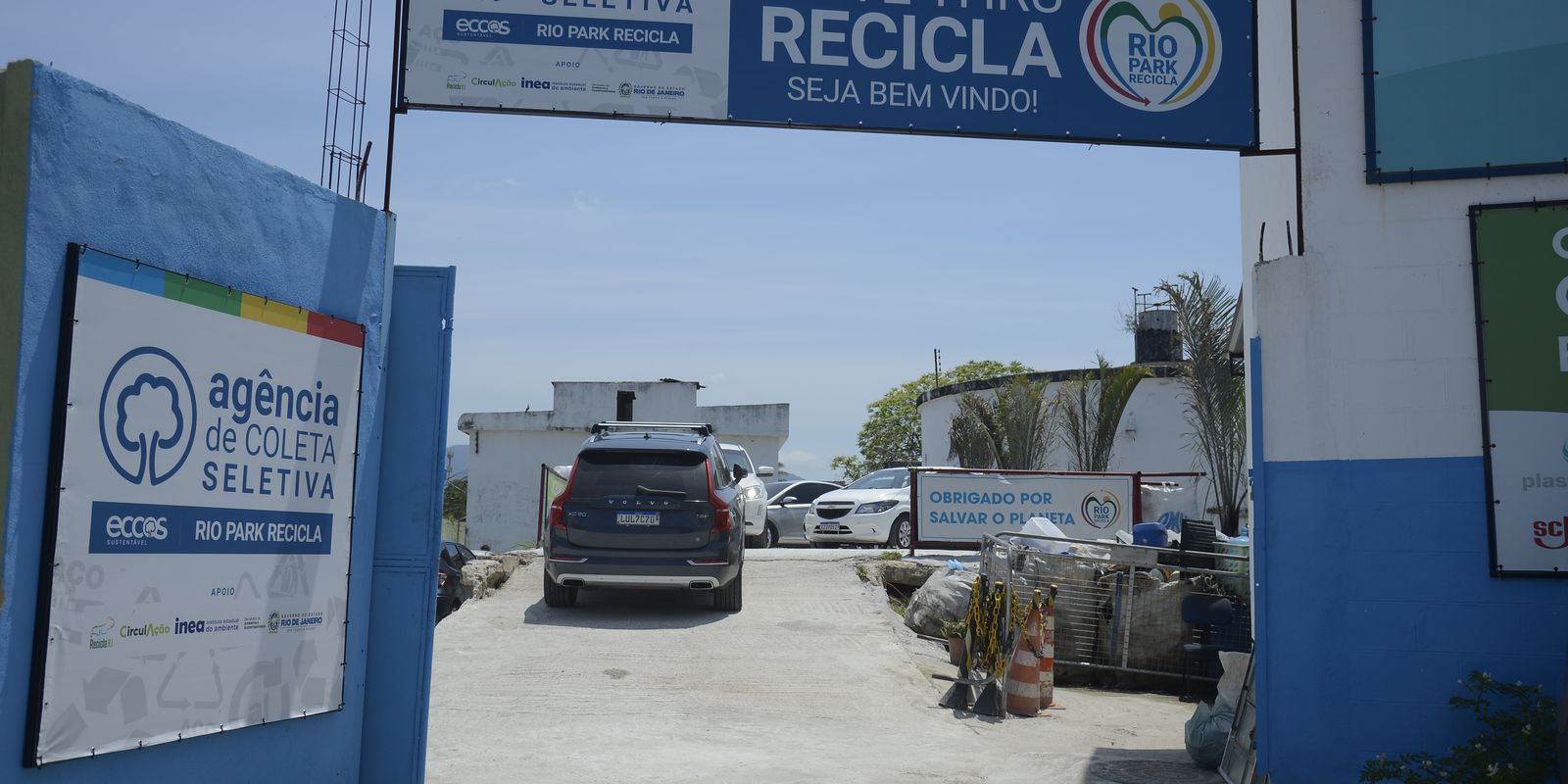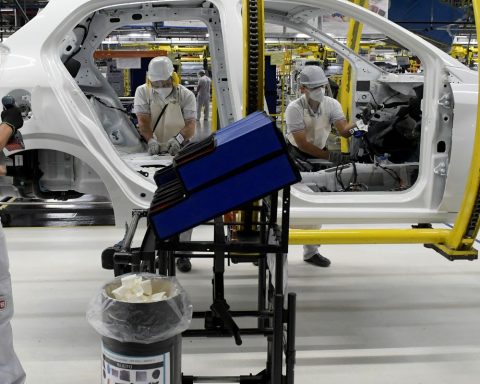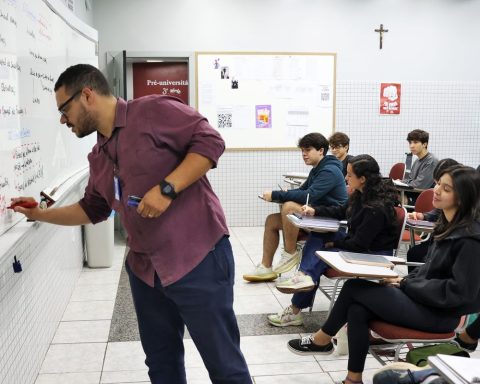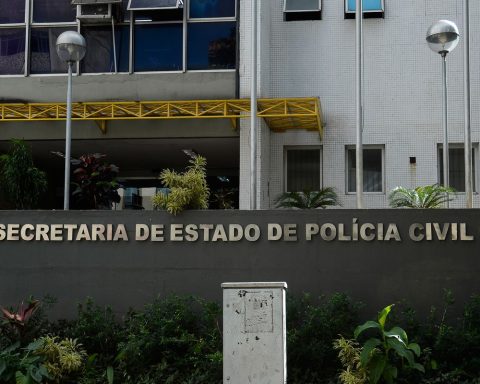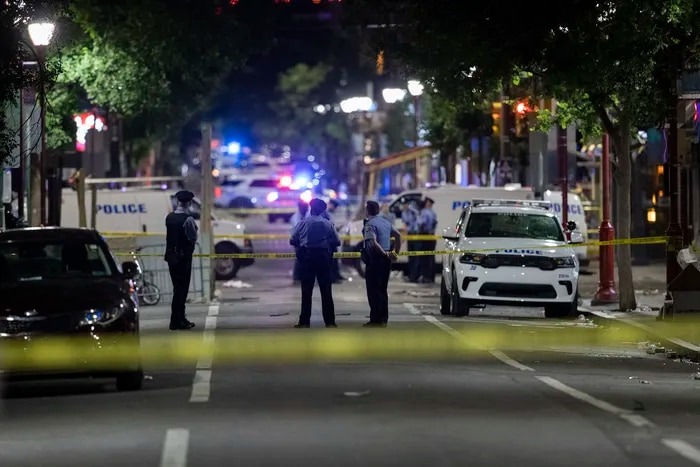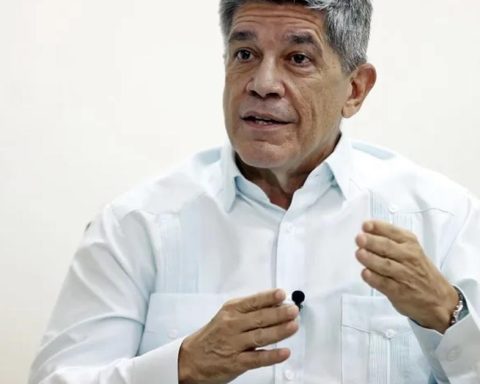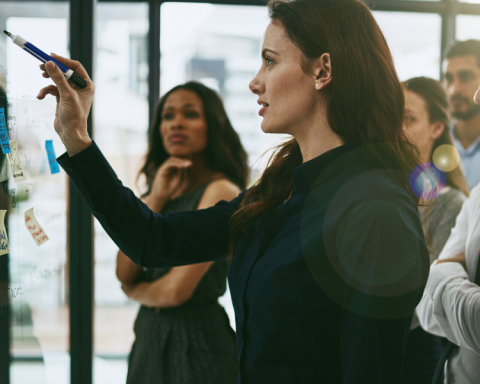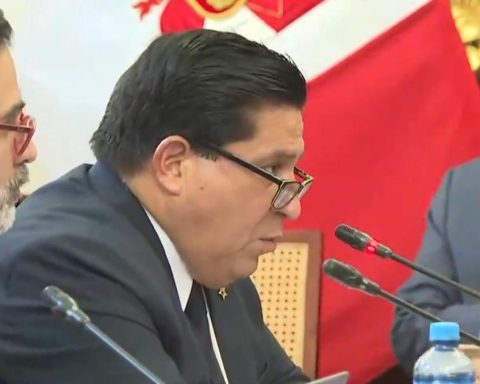Brazil has 3,400 points for receiving electronic products for recycling. These points enable reverse logistics and the environmentally correct disposal of unused equipment and are present in all Brazilian states, according to the Brazilian Association of Electronics and Home Appliances Recycling (Abree). There are also 21 reverse logistics centers in capital cities, covering more than 1,500 municipalities.
The regulation for recycling and reverse logistics in the electronics and home appliances sector was published two years ago, with Decree 10,240, which boosted the process in Brazil, according to the president of Abree, Sergio de Carvalho Mauricio.
According to him, reverse logistics starts from the conscious decision of the consumer, whose electronic or home appliance product is no longer useful, to dispose of the equipment in an appropriate place. “That’s where the reverse logistics process begins, with the end consumer’s attitude of disposing in a responsible way, allowing this product to follow the recycling path”, said Mauricio.
reinsertion into the chain
Abree is responsible for carrying out the removal of discarded equipment at the receiving points, transporting them to recyclers or reverse manufacturing companies. “They are the ones who will take the electronics, dismantle them responsibly, both from an environmental and labor point of view, and guaranteeing that this will not pose a risk to the environment or workers”, explains Mauricio.
“All the materials (metals, plastics, glass) that make up the electronics end up being separated, segregated, chopped and become raw material so that they can be reinserted into the production process”, he adds.
This process, according to the president of Abree, brings great benefit to society as a whole. “First, because we prevent materials from ending up in dumps, sanitary landfills or, even worse, ending up on beaches, rivers, vacant lots. Another benefit brought by recycling and reverse logistics for the environment is that, when these raw materials are reused in a production chain, manufacturers stop buying virgin raw materials, which are often non-renewable resources and, in a way, , end up compromising, or may compromise, the environment”.
In Mauricio’s opinion, this reverse logistics chain has another positive point, which is the movement of people, from collectors, cooperatives, who collect these materials, transporters and, finally, the people who work in this reverse logistics, generating jobs and income.
Abree is a non-profit entity, maintained by 54 manufacturers and importers in the electronics sector. In addition to the efforts of collectors, cooperatives, retailers and transporters, the president of Abree noted that it is also necessary to raise awareness among the end consumer about the importance of environmentally correct disposal.
Collect
In 2021, the first year of implementation of the reverse logistics system in the electronics and home appliances sector, Abree collected 1.245 million kilograms of equipment in the country.
“All these products are disposed of in an environmentally correct manner, with certificates of final disposal by companies registered with environmental agencies.”
For 2022, the intention is to increase this number and face another challenge: the work of raising awareness among Brazilian citizens.
The association has carried out research together with universities to understand consumer behavior in relation to the final destination of electronics.
According to Mauricio, Brazilians know about the existence of recycling, but do not act in its favor.
“If each one, the media, associations, product manufacturers, merchants, can bring a little more information and awareness to the consumer, I think that, together, we can accelerate this change of collecting that, for sure, will leave the country much better for the next generations”, highlights Mauricio.
Founded in 2011, Abree aims to define and manage the reverse logistics of electronics and post-consumer home appliances in Brazil, ensuring the proper final destination. The association is responsible for contracting, supervising and auditing services provided by third parties, for the implementation of collective reverse logistics systems.
